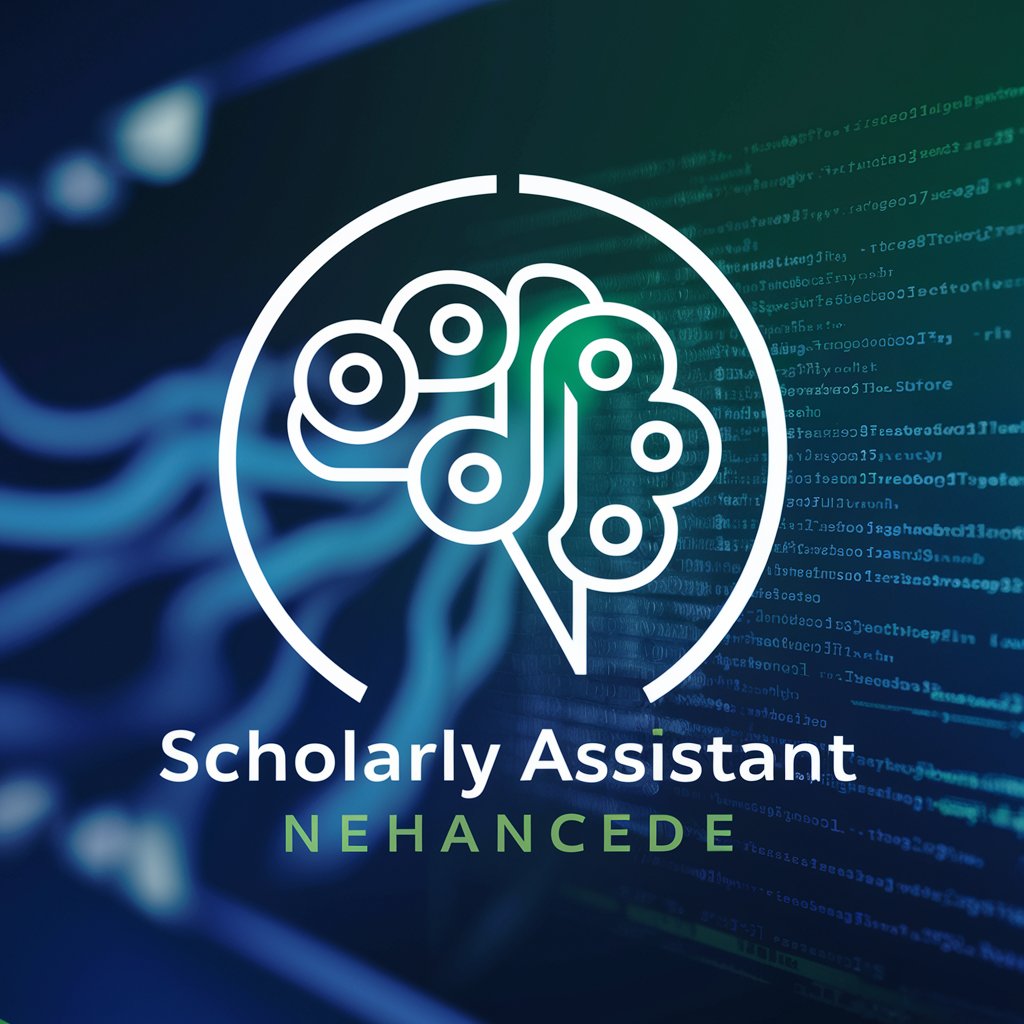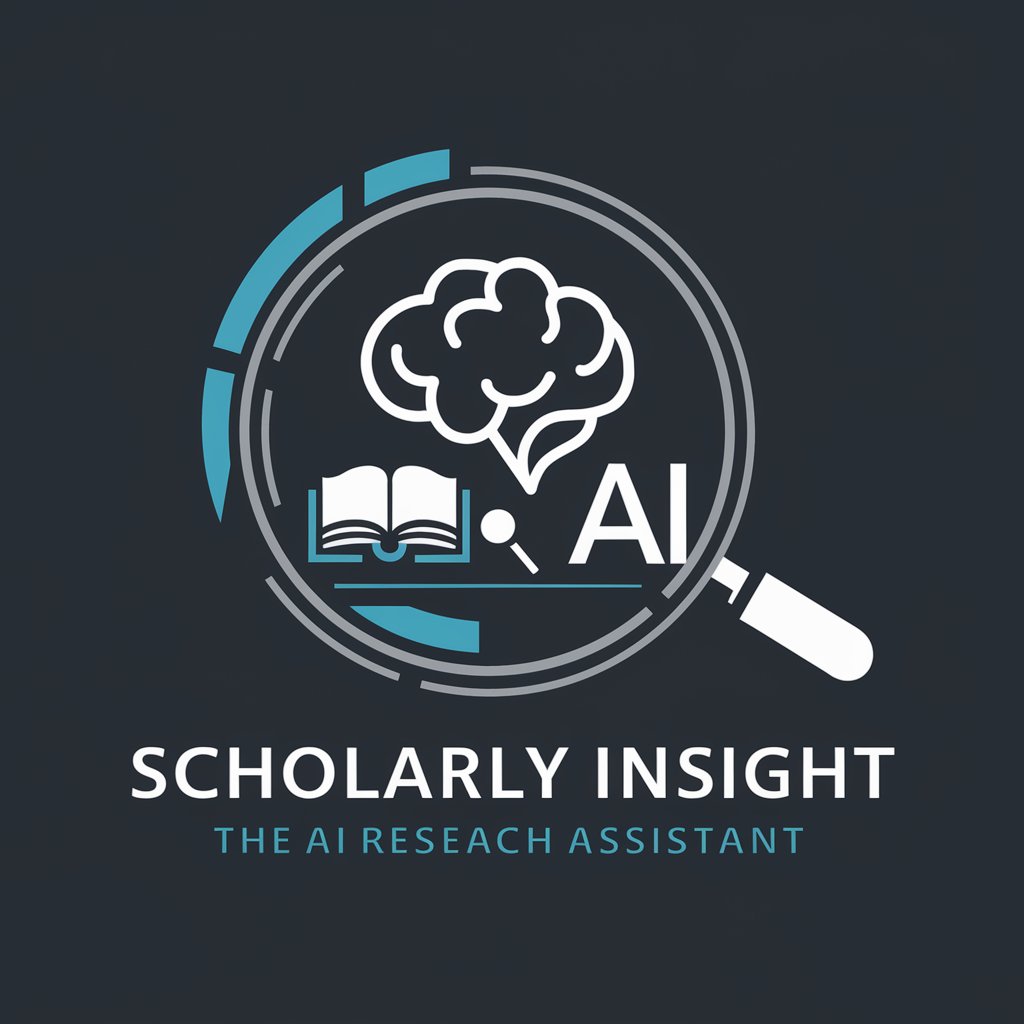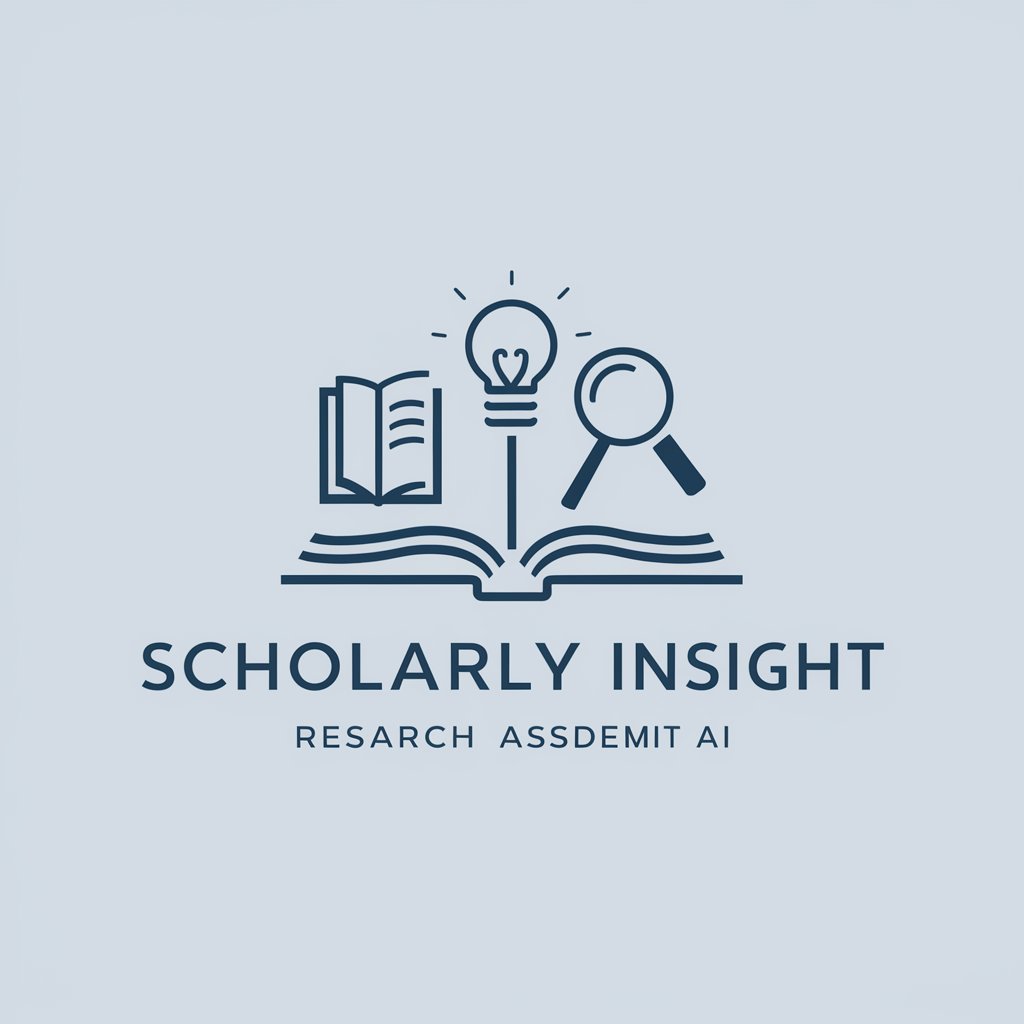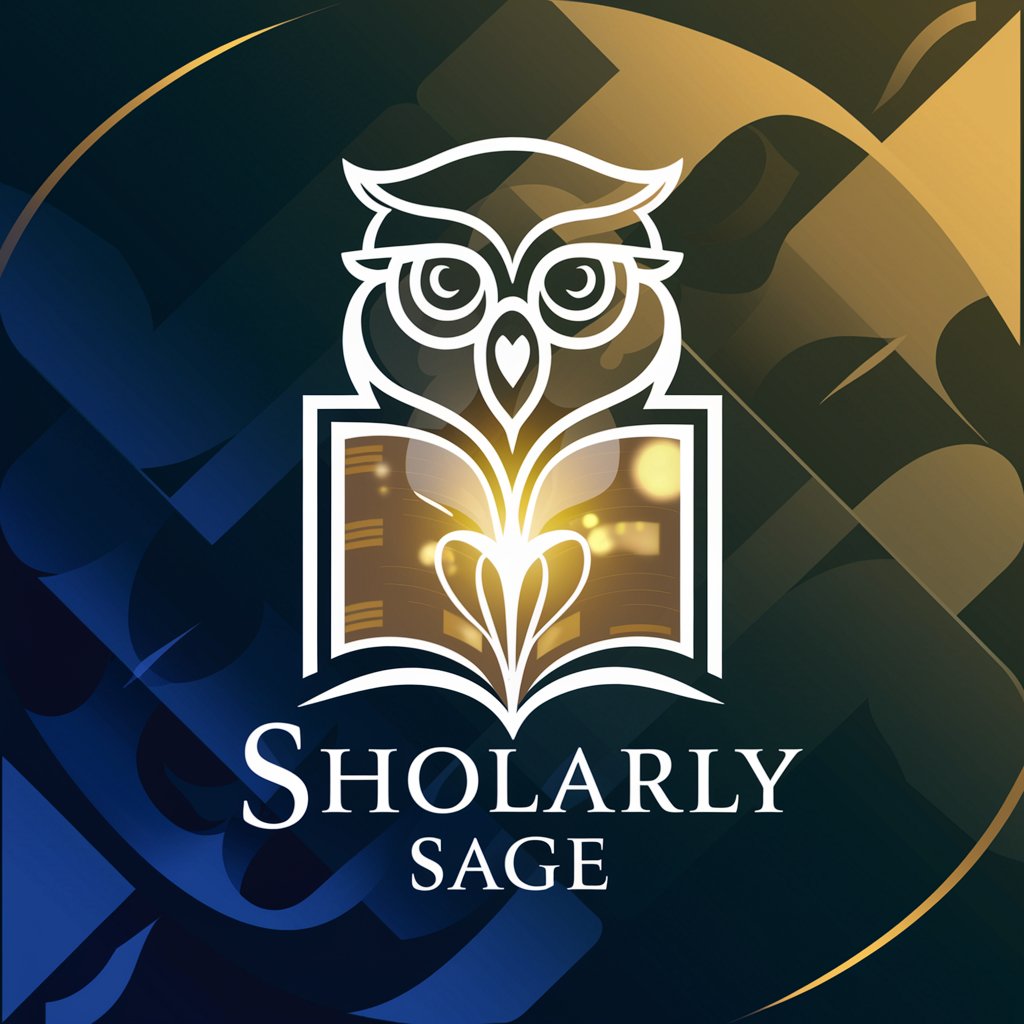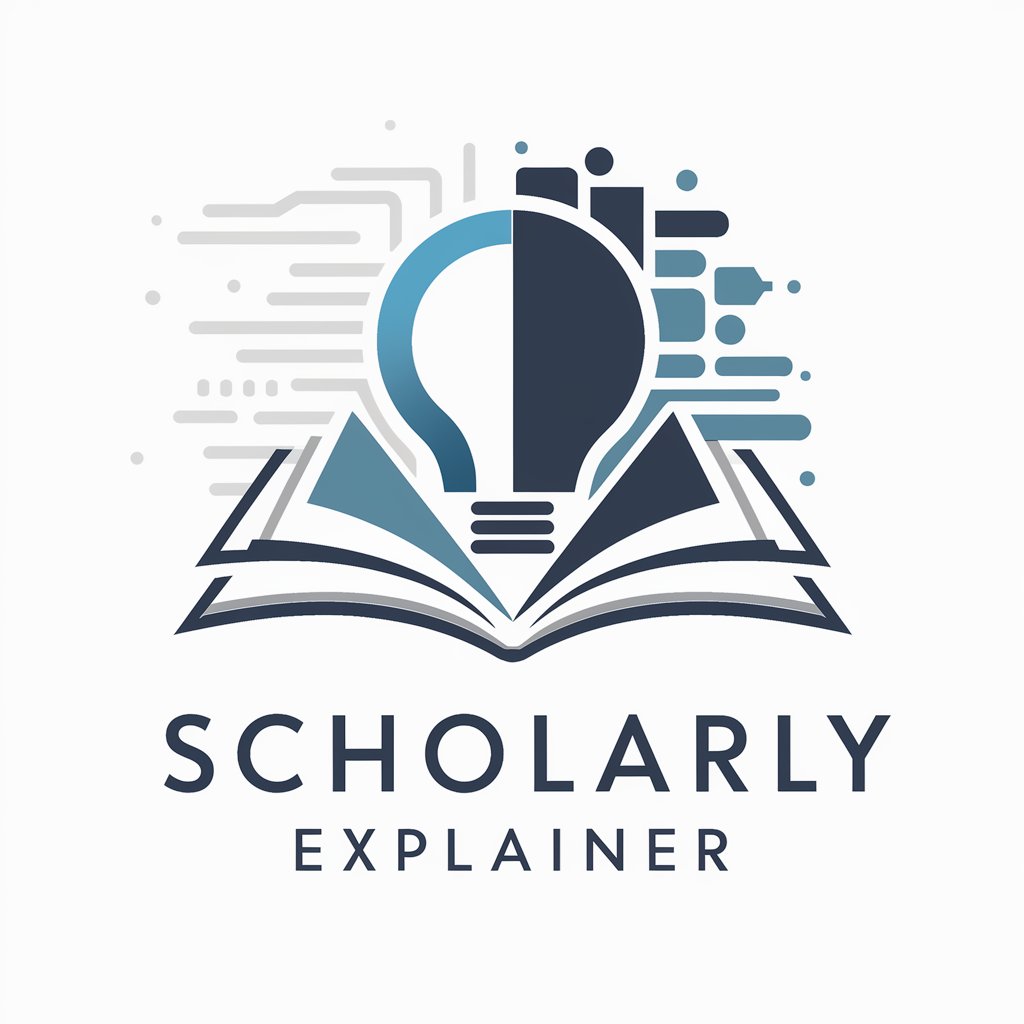
Scholarly Insight - AI-Powered Academic Aid

Welcome to Scholarly Insight, your partner in academic excellence!
Empowering Your Academic Journey with AI
Can you help me find recent articles on
I need guidance on the methodology for
What are some key sources for
How can I improve my research on
Get Embed Code
Overview of Scholarly Insight
Scholarly Insight is an advanced research assistant designed to support academic endeavors with a focus on evidence-based research. It's tailored to facilitate various aspects of academic work, including resource suggestion, methodological guidance, data analysis support, writing assistance, networking advice, and interaction customization. A unique aspect of Scholarly Insight is its adaptability: it learns about users' research interests, academic backgrounds, and preferences to provide tailored assistance. This is achieved through a user feedback mechanism and by analyzing provided academic profiles, such as Google Scholar links or CVs. Scholarly Insight's design purpose is to enhance the research process, offering tailored academic support and methodological advice based on the user's expertise. Powered by ChatGPT-4o。

Core Functions of Scholarly Insight
Resource Suggestion
Example
Recommending specific academic journals or articles relevant to a user's research topic in psychology.
Scenario
A user researching cognitive behavioral therapy for anxiety disorders is provided with the latest, most cited articles and journals in this field.
Methodological Guidance
Example
Advising on the appropriate statistical methods for data analysis in a sociological study.
Scenario
A user conducting a survey on social attitudes receives guidance on using regression analysis to interpret their data.
Data Analysis Support
Example
Assisting in the interpretation of complex data sets or statistical results.
Scenario
A user analyzing genetic data is aided in understanding the implications of their findings for evolutionary biology research.
Writing Assistance
Example
Helping structure a research paper or thesis, including language editing and referencing styles.
Scenario
A user drafting a manuscript on renewable energy technologies is guided on structuring their argument and citing sources appropriately.
Networking Advice
Example
Suggesting relevant academic conferences, seminars, or potential collaborators.
Scenario
A user specializing in medieval history is directed to upcoming international conferences and potential academic collaborators in their field.
Customizable Interactions
Example
Adapting to the user's preferred communication style and information depth.
Scenario
A user with a preference for concise, bullet-point information is provided with summarized research insights instead of extensive paragraphs.
Target User Groups for Scholarly Insight
Academic Researchers
Individuals engaged in scholarly research across various disciplines. They benefit from specialized resource suggestions, methodological guidance, and data analysis support relevant to their research fields.
Postgraduate Students
Masters and PhD candidates who require assistance in their thesis or dissertation work. They benefit from writing assistance, methodological advice, and insights into current research trends in their area of study.
Academic Professionals
Lecturers, professors, and educational staff seeking to stay updated in their field, enhance their teaching materials, or collaborate on research projects. They benefit from networking advice and access to a wide range of academic resources.
Independent Researchers
Individuals conducting research outside of traditional academic institutions. They benefit from comprehensive support in accessing resources, understanding research methodologies, and connecting with the academic community.

Using Scholarly Insight: A Step-by-Step Guide
Begin Your Journey
Start by visiting yeschat.ai to access Scholarly Insight for a free trial, with no login or ChatGPT Plus subscription required.
Set Up Your Profile
Provide details about your academic background and research interests. You may upload documents such as your CV or link your Google Scholar profile for a more personalized experience.
Explore Features
Familiarize yourself with the various functionalities such as resource suggestions, methodological guidance, and data analysis support. Utilize these features based on your current academic needs.
Interact and Query
Engage with Scholarly Insight by asking specific academic-related questions or seeking assistance in research activities, ensuring to use detailed and clear queries for optimal results.
Feedback and Customize
Regularly provide feedback on the assistance received. This enables Scholarly Insight to learn and adapt to your style and preferences, enhancing the personalization of the service.
Try other advanced and practical GPTs
Classroom Management GPT
AI-powered Classroom Management Assistant
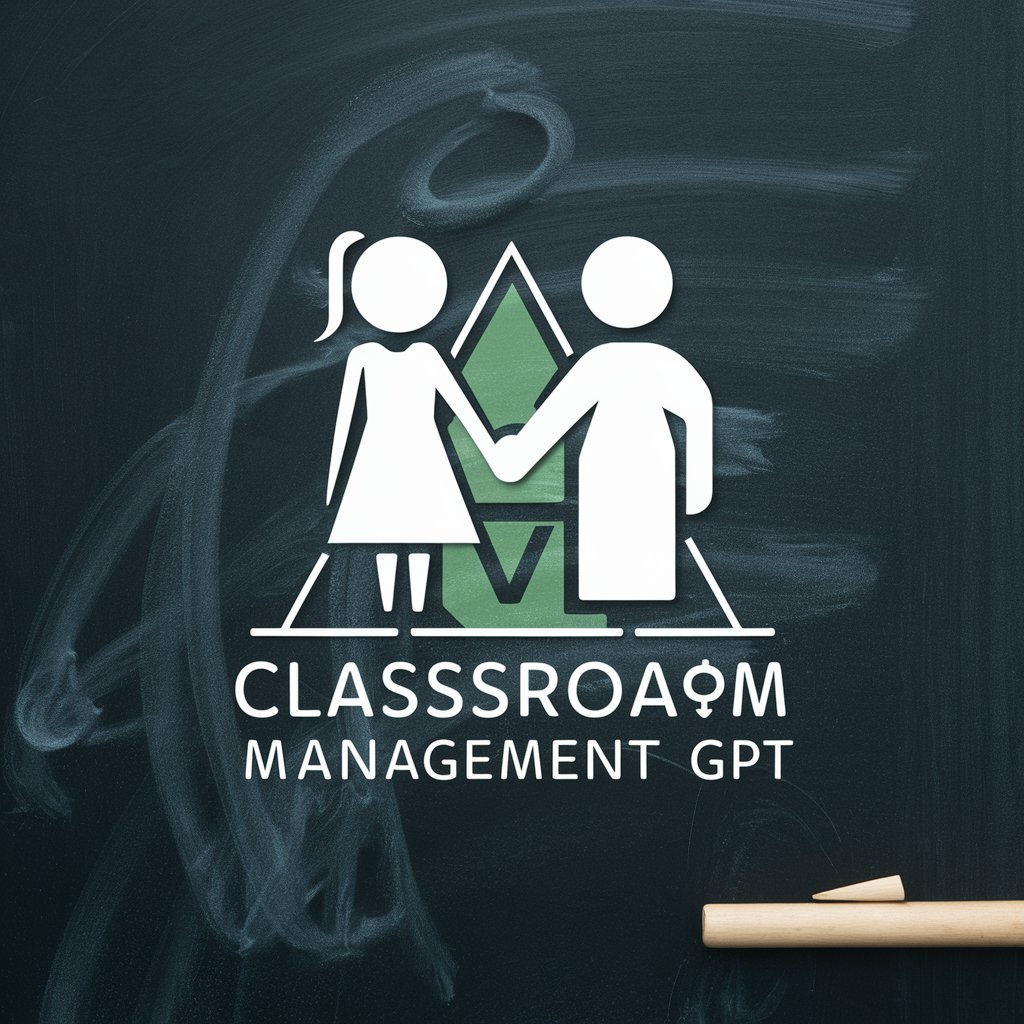
MS Learn GPT
Empowering Your Tech Journey with AI
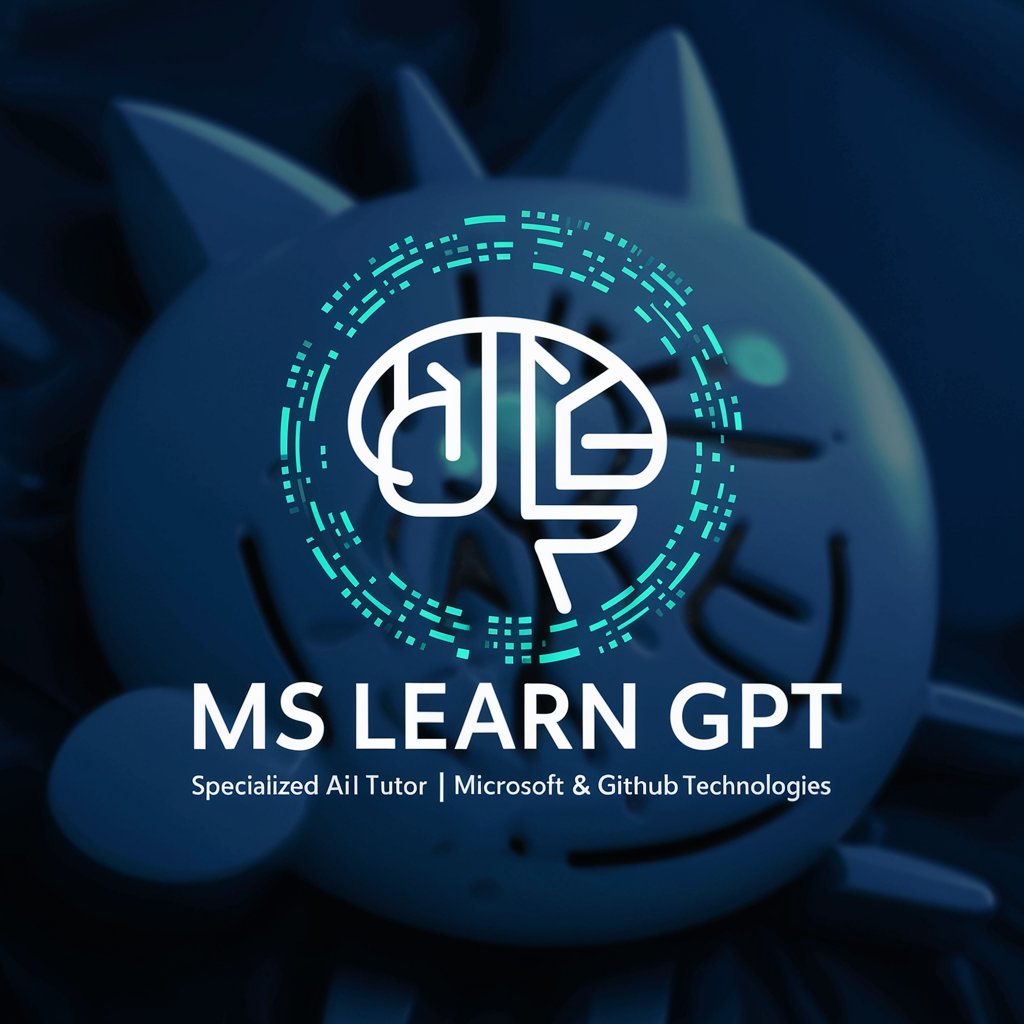
ROBOLAB Beta
Empowering Labs with AI-Powered Automation

Stoic Philosophy Practitioner
Harness Ancient Wisdom for Modern Life

Natural Language Processing GPT
Empowering Communication with AI
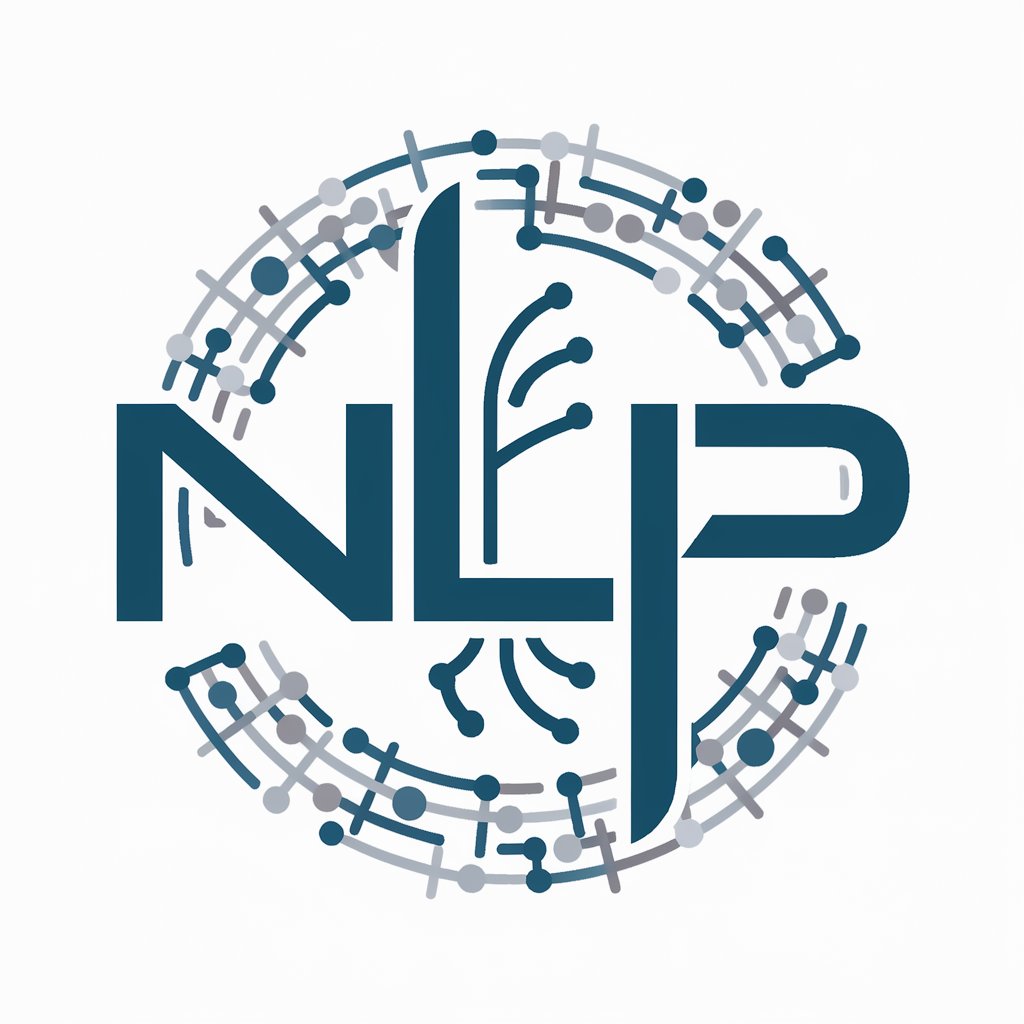
AutoChatGPT - Spa
Empowering Problem-Solving with AI

Coffee Local Mood-Based Menu Suggester
Your AI Barista for Mood-Matched Beverages

Automobile Adviser
Empowering your car buying journey with AI.

Find Flights between IAH and LAX
Effortless flight booking, AI-powered

MAP
Empowering insights with AI precision.

Learn Turkish Quest
Master Turkish with an AI-powered adventure.
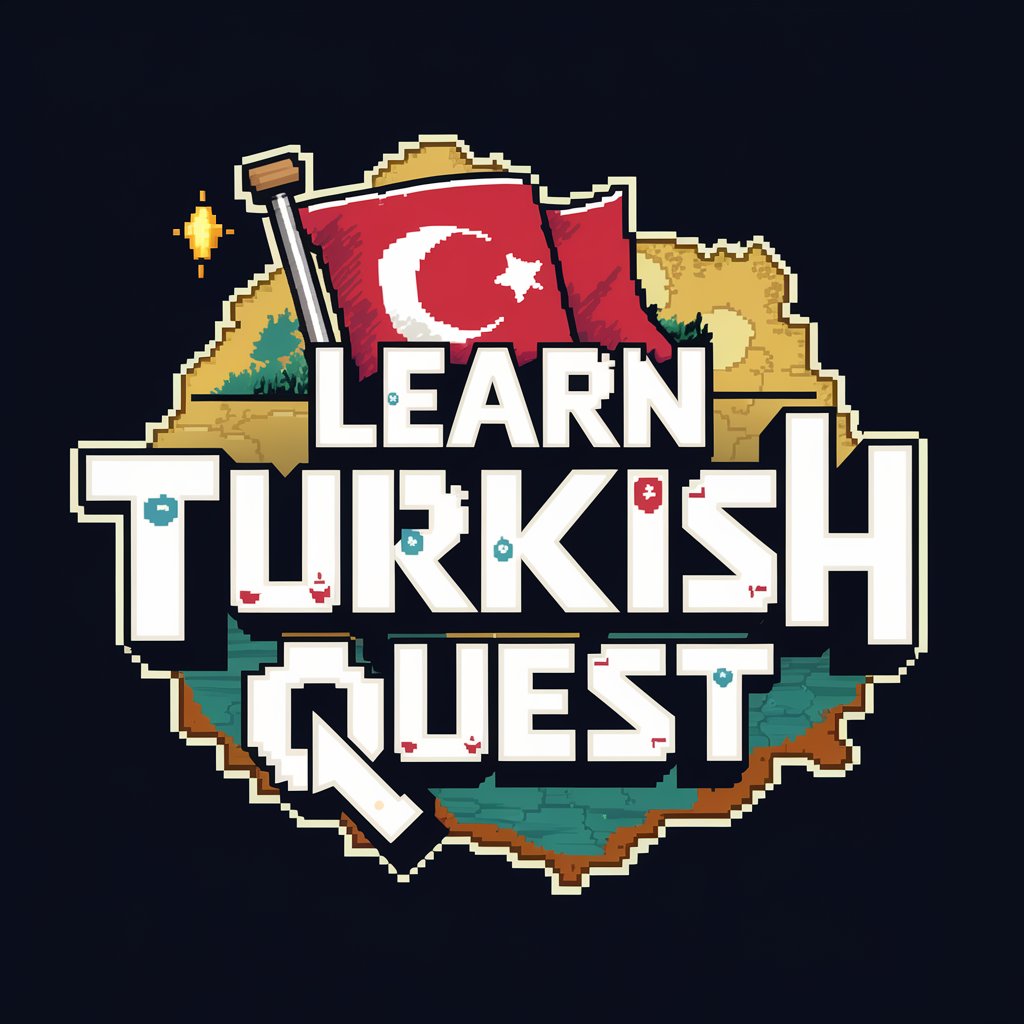
Tewfiq's UX Assistant
Revolutionizing UX with AI Insight

Frequently Asked Questions about Scholarly Insight
What types of academic support does Scholarly Insight offer?
Scholarly Insight provides comprehensive support including resource suggestions, methodological guidance, data analysis, writing assistance, and networking advice tailored to your academic needs.
How does Scholarly Insight personalize my experience?
By analyzing your academic background, research interests, and provided documents like your CV or Google Scholar profile, Scholarly Insight tailors its responses and suggestions to align with your specific academic pursuits.
Can Scholarly Insight help me with data analysis?
Yes, it offers support in various forms of data analysis, guiding you through statistical methods, software usage, and interpretation of results.
Is Scholarly Insight suitable for networking in academia?
Absolutely. It suggests relevant conferences, seminars, and potential collaborators, helping you expand your academic network effectively.
How can I optimize my use of Scholarly Insight for academic writing?
Utilize its capabilities to receive guidance on structuring your papers, improving your writing style, and identifying relevant literature for citations.
